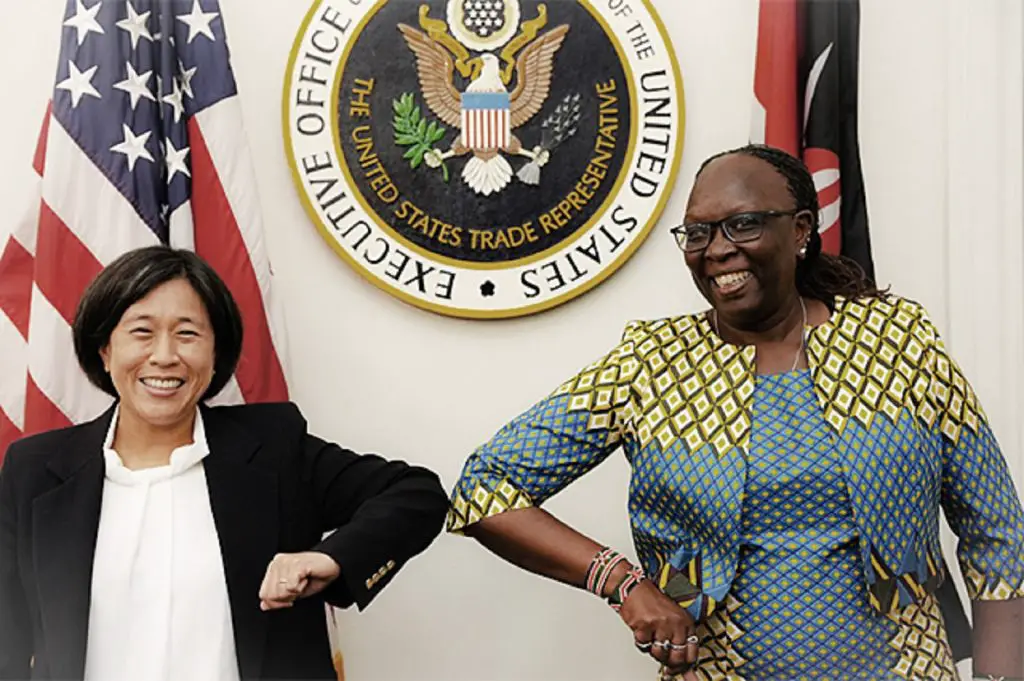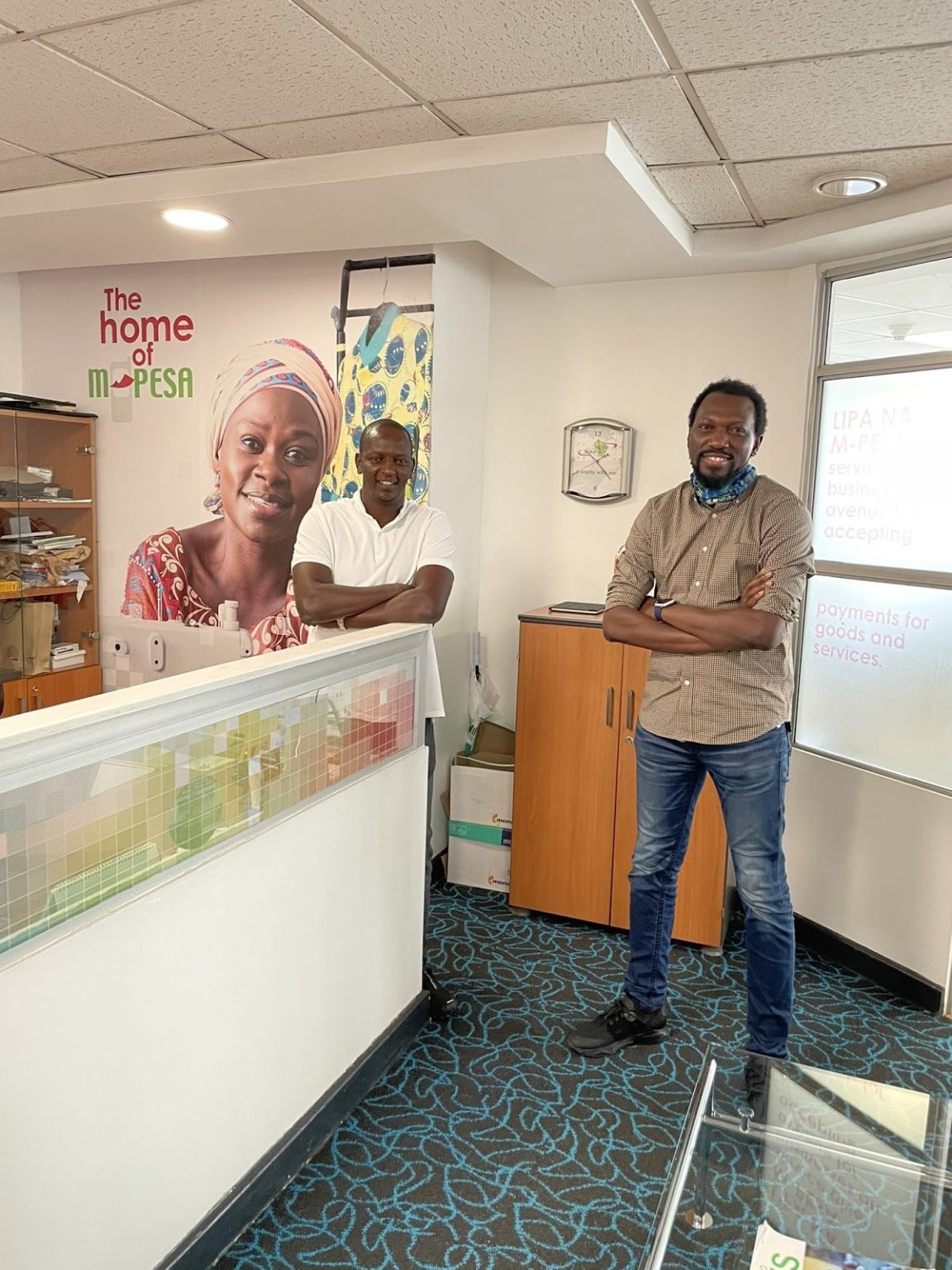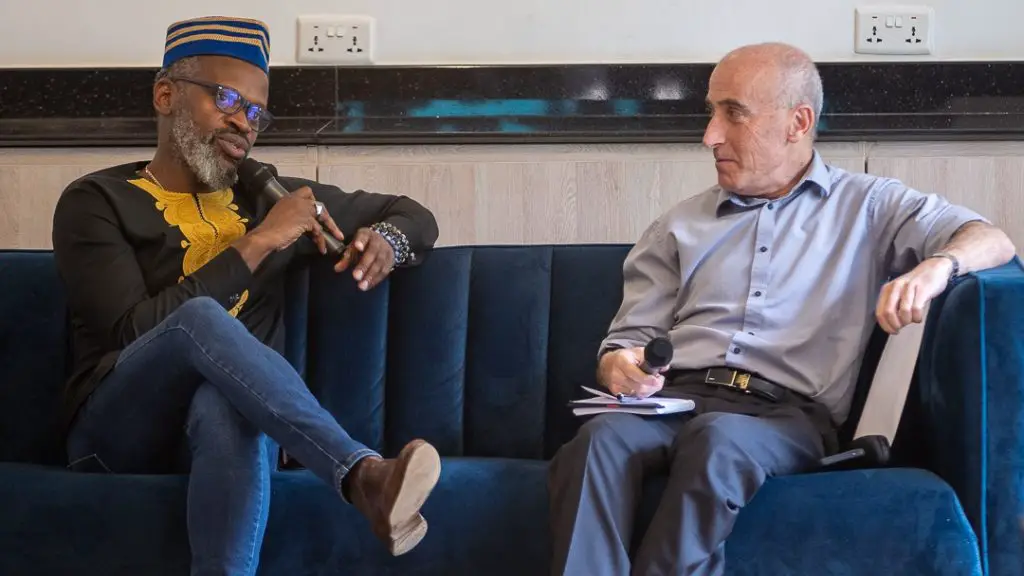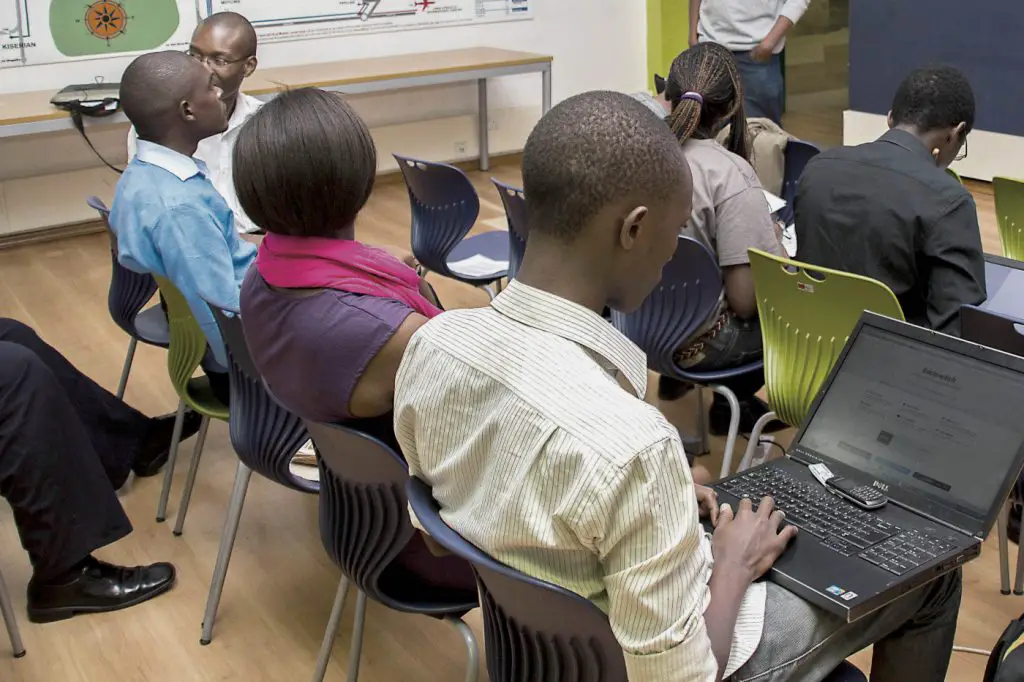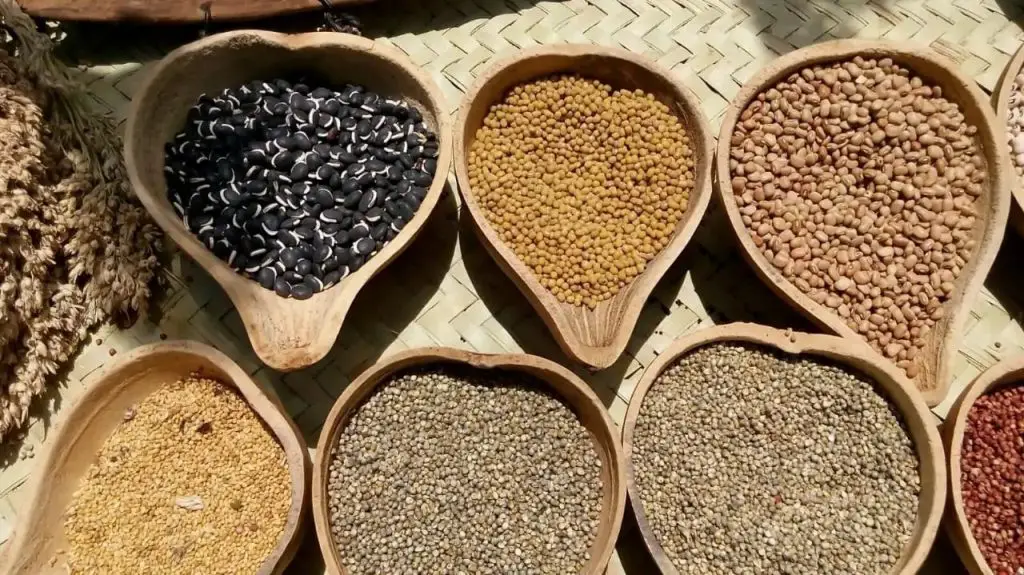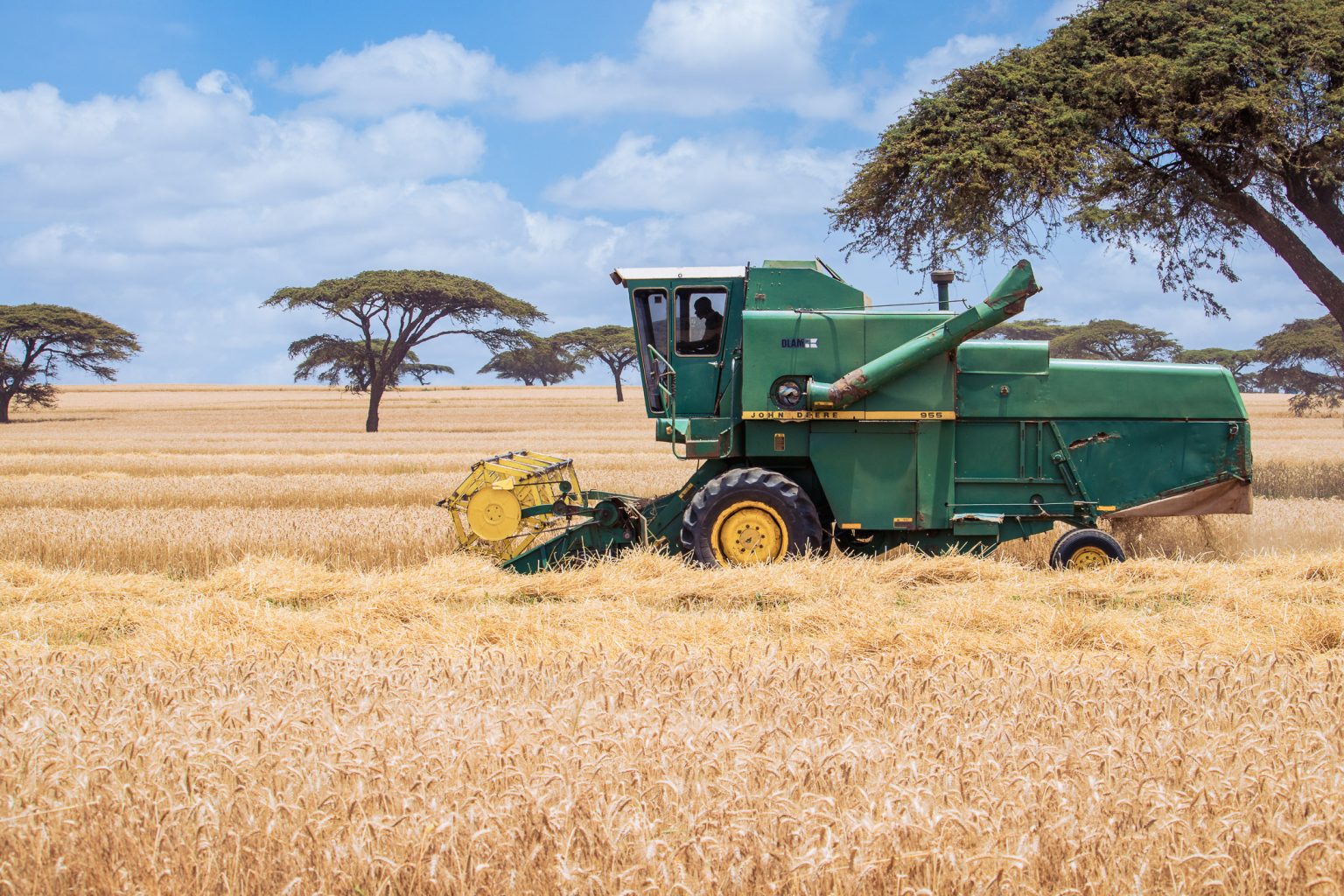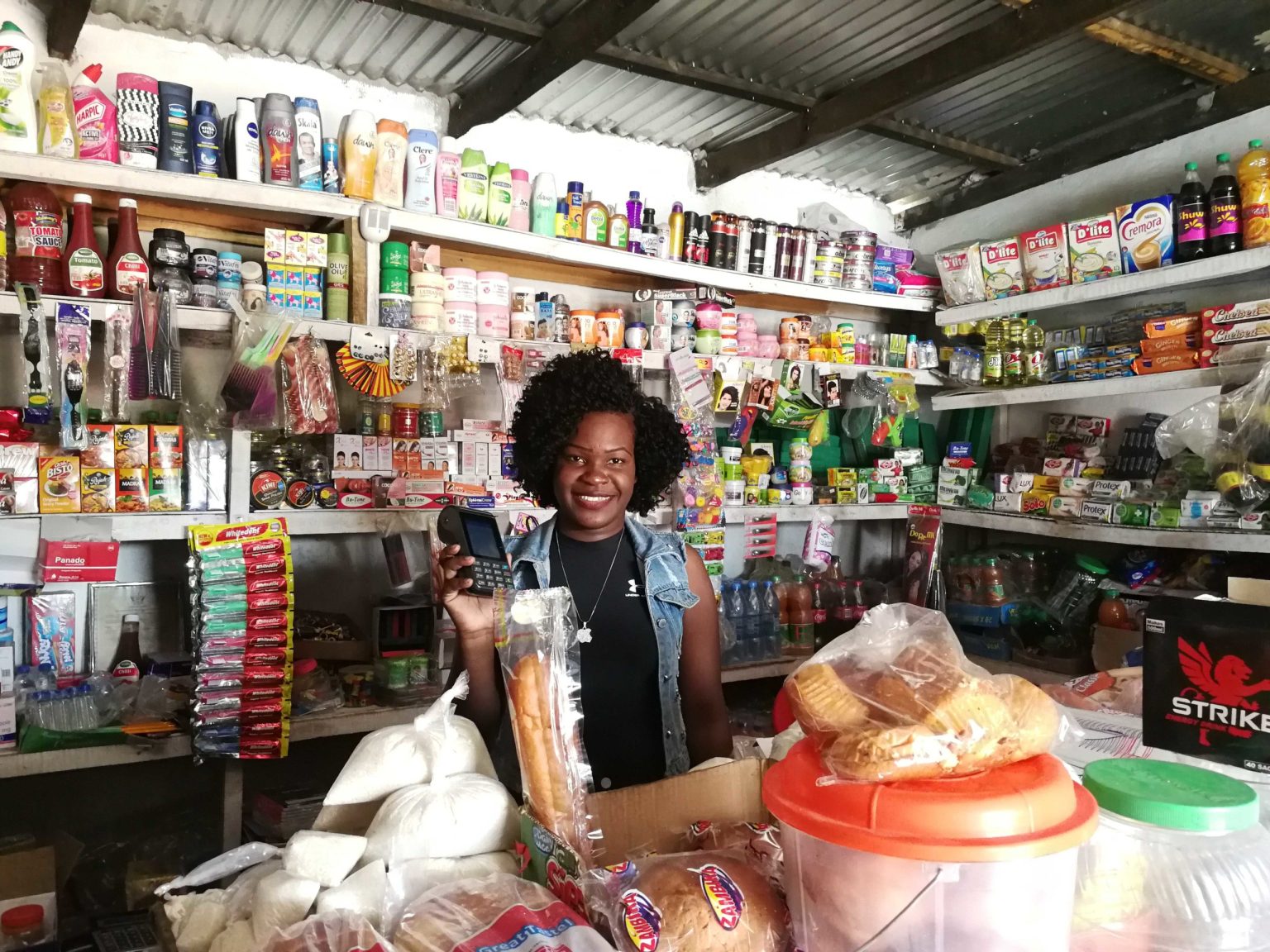- Wärtsilä Energy offers tips on how Africa can navigate energy transition and grid reliability
- Powering Africa: Africa’s Path to Universal Electricity Access
- Global investment trends at AIM Congress 2024: a spotlight on the keynote speakers
- South Africa’s deepening investment ties in South Sudan oil industry
- Agribusiness could drive Africa’s economic prosperity
- Dawood Al Shezawi: Why AIM Congress 2024 is the epicenter of global economic and cultural dialogues
- d.light’s 600,000 cookstoves project verified as top source of quality carbon credits
- Artificial intelligence (AI) could create a turning point for financial inclusion in Africa
Author: Njenga Hakeenah
I have 10 years of experience in multimedia journalism and I use the skills I have gained over this time to meet and ensure goal-surpassing editorial performance. Africa is my business and development on the continent is my heartbeat. Do you have a development story that has to be told? Reach me at njenga.h@theexchange.africa and we can showcase Africa together.
Richard Neal, a US Representative who chairs the trade and tax-focused House of Representatives Ways and Means Committee, held out hope that the US-Kenya talks could develop into a full trade deal.
“This initiative will lay the groundwork for a comprehensive free trade agreement that includes market access, builds off AGOA, and complements both regional and continental integration,” he said in a statement.
Neal said the United States should “embrace” Kenya’s willingness to deepen its economic ties with the United States.
Meanwhile, Meg Whitman has been confirmed by the US Senate as the new US Ambassador to Kenya. She will take over for Kyle McCarter, who left in January 2021.…
And now, it is possible that Africa and Russia will have a new way of doing business if proposals to have a new Russian bank for Africa are implemented. This came to the fore after Rossiya Segodnya, which owns Sputnik, held a virtual round table discussion on Tuesday with diplomats, analysts and officials from Russia and Africa to talk about “Global Challenges to Food Security.”
Specialists talked about a wide range of issues related to the current food security crisis that is threatening both Africa and the rest of the world, such as how it started and how Western restrictions on Russia have made the situation worse. The experts also talked about ways to solve the problem.
Oleg Ozerov, the Russian ambassador-at-large and head of the secretariat of the Russia-Africa Partnership, said that the international community had come to agree that the current emergency started long before the crisis between …
Court documents show that Flutterwave Payments Technology ltd is owned by Nigerians Olugbenga Agboola, Adeleke Christopher, Iynoluwa Samuel, and Flutterwave Inc, which is registered in the United States and has an office at 1323 Columbus Avenue, San Francisco.
David Mouko Elizaphan Omaanya, a Kenyan, is also a director, but he doesn’t own any shares. Olugbenga Agboola and Iyinoluwa Aboyeji started the Nigerian company in 2018.
The court heard that between November 2020 and this year, Flutterwave put Sh12.4 billion into a single account at Equity Bank. This shows how much money the start-up was able to handle.
Later, the money from the Equity account was sent to Rem X Ltd, which Nehikhare Eghosasere and Demuren Olufemi Olukunmi own.…
In the future, Adanian Labs wants to get past the current phase, in which the flow of deals around the world is slowing down, and rise to power more start-ups and take over more markets across the continent.
In just two years, Adanian Labs has expanded out of Kenya and into Tanzania, Zambia, South Africa, and Nigeria, which are some of Africa’s biggest start-up and tech hubs.
It wants to have a presence all over Africa by 2025, and it is working hard to help build 300 companies in the next five years. In the meantime, the lab plans to set up shop in the Democratic Republic of Congo (DRC), Senegal, and the Ivory Coast. It is also thinking about using a franchise model to speed up its growth.
Adanian Labs start-ups can easily expand into other markets because they can use the existing infrastructure of the venture studio as …
ASL is a unique startup studio platform where we connect entrepreneurs with strategists, creatives, engineers, community, and capital to design, build and launch exponential organisations that aim to make people’s lives better.
The goal is to gather and share resources to help build and speed up the next 10,000 great blockchain-based companies that focus on helping people.
Early investors get an opportunity to invest in ASL-winning start-ups. Even though positive investments are not secret, Africa Startup League pipelines are the best way to reduce risk.
“We don’t just know our portfolio companies, we also keep track of them from the time they are just ideas to the present. At every stage of development, from the Minimum Viable Product (MVP) to seed rounds and beyond, all Humanity NFTs have the chance to get investments,” said Barney Barrow, Co-Chairman of the Humanity Angels Club.…
In addition, governments have to make things better for businesses. Currently, tech start-ups have to pay a lot to comply with regulations that are sometimes not clear. These regulations differ in the 54 different African countries which makes it a lot of work for investors to scale faster across the continent.
To deal with this, leaders in the different African nations need to come up with a common, unified framework that makes it easy to expand into regional markets.
For things to work much better and faster, there is need to get more people to help each other since ecosystems that have more links are stronger and grow faster. African leaders should work on policies that can enable ecosystem players start a Pan-African tech start-up network to help tech start-ups grow and get better.
To address these challenges, African governments need to quickly create and implement a digital economic policy …
Only a few Kenyans are aware of the entire extent of the law’s punitive nature, which has remained hidden from the public. The farming communities in Kenya who are aware of it are shocked that no public engagement was carried out prior to the adoption of this statute.
Greenpeace Africa’s Campaigner, Claire Nasike, says that the Kenya government has failed to do what it was supposed to do, which was to make laws to protect the ownership of native seeds, knowledge about these seeds and the intellectual property rights. The current laws on seeds support neo-colonialism and could make it easy for multinationals, big businesses, and other profit-driven organisations to steal local resources.
Kenya’s 2010 Constitution has made it clear that indigenous seeds, which are also called “informal seeds”, exist and need to be protected. This is done by requiring parliament to pass laws that protect the ownership of indigenous …
Cooking oil prices began to go up in 2020 and the government should have empowered the farmers to grow crops that are used for oil production. Taking into consideration that some of these crops take less than five months to mature, there should never have been a crisis.
Kenya’s case is unique.
While it is not representative of what is happening in other African countries, it shows how poor planning and lack of sound policies can run down a country. As a country, this East African nation is well-endowed with natural resources.
Kenya has adequate arable land and adequate water for irrigation. While rains are not reliable anymore, the country has the capacity to build dams and other water storage infrastructure to ensure that food production can go on unhindered. …
Art Master Africa is an annual competition that is open to talent across the Middle East and Africa (MEA). The competition debuted in 2017 in South Africa. Following its success, Art Master Africa expanded into the African region in 2019 and into the Middle East in 2021.
Artists can enter the competition by submitting up to three original artworks of what Celebrating Africa means to them at www.bicartmaster.com. Submissions will be reviewed and shortlisted by a panel of judges including artists, art professors, art collectors, and winners from the 2019 and 2021 competitions – Gayi Eric and Oscar Ukonu. The submission phase will run until August 31, 2022. Once the judging phase is completed in September, winners will be announced and celebrated.
Commenting on the occasion, Peter Van den Broeck, Senior Vice President and General Manager, Middle East and Africa at BIC, said: “Art Master Africa speaks to our Company’s …
FMCGs scaling into emerging markets encounter challenges as, without affordable working capital, many informal retailers go through periods when they cannot pay suppliers to restock their inventory due to a lack of cash flow at the time of delivery. As a result, stock is unexpectedly returned to the depot, leading to high operational costs.
Nomanini’s StockNow solution helps FMCGs overcome these challenges by providing an end-to-end solution to provide responsible working capital so that informal retailers can stock their shelves in a predictable manner.
By digitising the supply chain, StockNow enables FMCGs to increase operational efficiency by unlocking trade data and gaining visibility into the sales and preferences of informal retailers. Automating settlements and incentivising e-payments within the value chain also lead to improved efficiencies. …





